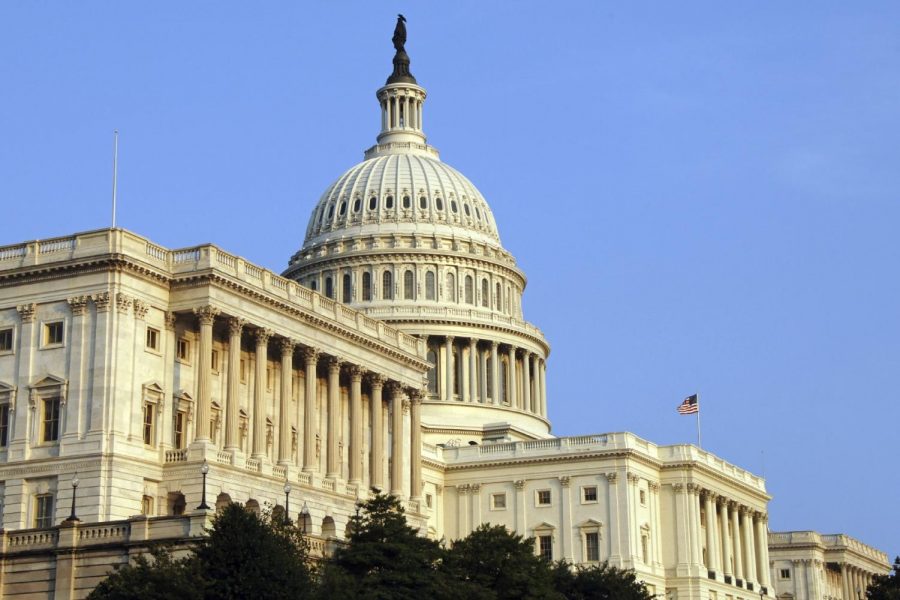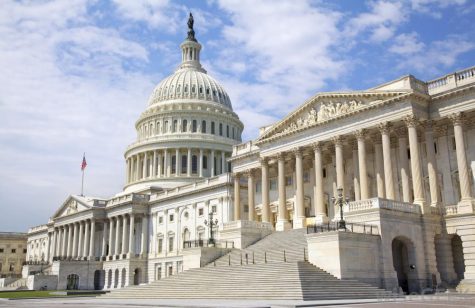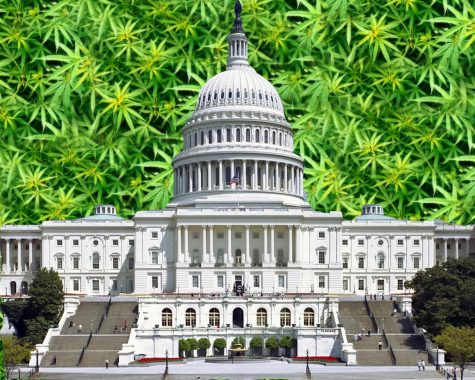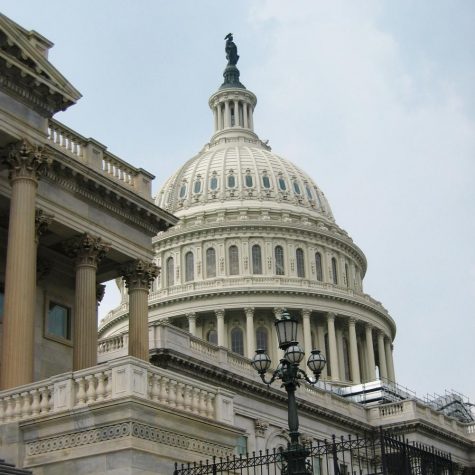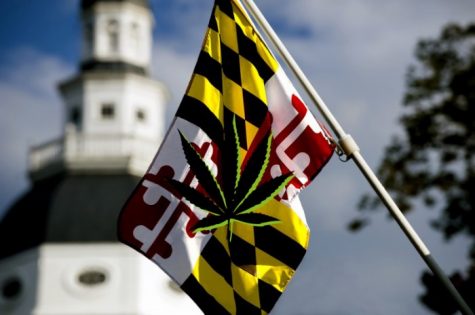Congressional lawmakers make headway with Fiscal Year 2022 spending bill: How it affects the cannabis industry
Medical cannabis-friendly states have been informed of updated protections by congressional lawmakers. Outlined in new spending legislation for Fiscal Year 2022, the protections for medical cannabis programs were accompanied by various other cannabis-focused provisions.
Two major House Appropriations bills that featured language on the topic of cannabis have already been given the green light in the subcommittee. Moving forwards, the full panel is expected to decide on each measure’s destiny.
According to a press release published by the committee, a longstanding general provision that prohibited federal funds from being used to “purchase syringes as part of a public health campaign to provide services to individuals involved in injection drug use” was eliminated from the legislation.
The bill includes a total of $457.9 million for the Office of National Drug Control Policy (ONDCP). A full list of provisions can be found on the House Appropriations Committee.website.
Overview of cannabis-related provisions contained in new spending legislation for Fiscal Year 2022
While the cannabis riders – inclusive of language safeguarding universities that wish to carry out research into the plant – have been fairly well-received, industry advocates remain optimistic that a more encompassing provision will soon be introduced. Lobbyists are hopeful that lawmakers will amend the spending legislation language to prevent the Department of Justice (DOJ) from using federal funding to interfere with state-level legalization law.
“SEC. 531. None of the funds made available under this Act to the Department of Justice may be used, with respect to any of the States of Alabama, Alaska, Arizona, Arkansas, California, Colorado, Connecticut, Delaware, Florida, Georgia, Hawaii, Illinois, Indiana, Iowa, Kentucky, Louisiana, Maine, Maryland, Massachusetts, Michigan, Minnesota, Mississippi, Missouri, Montana, Nevada, New Hampshire, New Jersey, New Mexico, New York, North Carolina, North Dakota, Ohio, Oklahoma, Oregon, Pennsylvania, Rhode Island, South Carolina, South Dakota, Tennessee, Texas, Utah, Vermont, Virginia, Washington, West Virginia, Wisconsin, and Wyoming, or with respect to the District of Columbia, the Commonwealth of the Northern Mariana Islands, the United States Virgin Islands, Guam, or Puerto Rico, to prevent any of them from implementing their own laws that authorize the use, distribution, possession, or cultivation of medical marijuana.”
While the the full committee must still decide on the fate of an additional amendment to protect adult-use cannabis programs, the following provisions have been embraced as part of the new spending legislation for Fiscal Year 2022:
- DOJ and DEA could be forbidden from state-legal hemp program interference
A provision that has remained persistent in spending legislation pertains to the DOJ’s interference in state-legal hemp programs. SEC. 530, which is a focal point of the most up-to-date version of the Commerce, Justice, Science, and Related Agencies (CJS) spending legislation, would prevent the Department and its Drug Enforcement Administration (DEA) division from getting involved in state-legal hemp programs.
“SEC. 530. None of the funds made available by this Act may be used in contravention of section 7606 (“Legitimacy of Industrial Hemp Research”) of the Agricultural Act of 2014 (Public Law 113–79) by the Department of Justice or the Drug Enforcement Administration,” reads the text.
- No-knock warrants for drug-related cases
A new condition featured in the spending legislation for Fiscal Year 2022 would make it impossible for localities and states with no-knock drug-related warrant policies to obtain law enforcement grants. The failed “war on drugs” is believed to have stimulated the rise of such warrants, which served as the basis for a widely-publicized case covering the misjudged death of Breonna Taylor on March 13, 2020.
“SEC. 219. None of the funds made available by this Act under paragraph (1) under the heading “State and Local Justice Assistance”, or under the heading “Community Oriented Policing Services”, may only be bestowed upon a State or unit of local government if it has effectuated a law that bans the issuance of a “no-knock warrant” in a drug case, consistent with the requirements as described in section 362 of H.R. 1280 of the 117th Congress as passed by the House of Representatives on March 3, 2021.” That warrant must be certified by the Attorney General of the United States.
- Department of Education must grant colleges funding for cannabis research
Members of the House Labor, Health and Human Services, Education, and Related Agencies Appropriations Subcommittee also introduced spending bill language that prevents the Department of Education from withholding funds to educational institutions that conduct – or intend on conducting – research into the green plant.
“SEC. 316. None of the funds appropriated by this title for the Department of Education shall be withheld from an institution of higher education solely because that institution is conducting or preparing to conduct research on marihuana as defined in 21 U.S.C. 802(16).” reads the text of this provision.
Hopes of agency-promoted cannabis are shot down by congressional lawmakers
Reports state that cannabis advocates are disheartened by a separate rider that has been reintroduced in the new spending legislation for Fiscal Year 2022. The rider, which was initially introduced in the 1990s, prohibits agencies from promoting Schedule I substance legalization. Since cannabis was federally classified as a Schedule I drug under the Controlled Substances Act (CSA) in 1970, agencies are not legally allowed to endorse the plant; in any form.
In 2019, an effort to erase that language was initiated by Alexandria Ocasio-Cortez (D-NY). She contested against the rider, which she claims hinders research into psychedelic substances. Unfortunately, Ocasio-Cortez’s floor amendment was dismissed by a mixture of Democrats and Republicans.
“SEC. 507. (a) None of the funds made available in this Act may be used for any activity that promotes the legalization of any drug or other substance included in schedule I of the schedules of controlled substances established under section 202 of the Controlled Substances Act except for normal and recognized executive-congressional communications.
(b) The limitation in subsection (a) shall not apply when there is significant medical evidence of a therapeutic advantage to the use of such drug or other substance or that federally sponsored clinical trials are being conducted to determine therapeutic advantage.” reads an excerpt from the proposed text for 2022.
With so many aspects of the new spending legislation for Fiscal Year 2022 featuring cannabis and drug policy provisions, it’s clear that lawmakers are using the annual appropriations process as a platform to promote cannabis reform.



